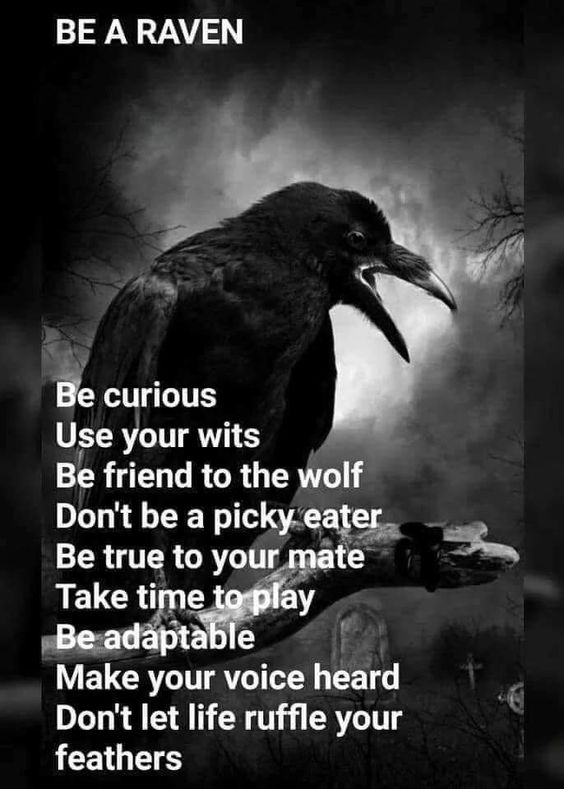Reflections on ravens: curiosity, creativity, and cultural messenger.
Songs about blackbirds and ravens (note: these are different species): Blackbird by The Beatles (rock)Blackbird Song by Lee DeWyze (ballad/blues)Raven Song by Elephant Revival (folk)Blackbird by Nina Simone (blues)The Raven by Alan Parsons Project (electronic rock pop based on Edgar Alan Poe’s work)Hear Me O God, Nor Hide Thy Face (Christian choral music)How Many Are Your Works (Christian hymn) — How sweetly did […]

